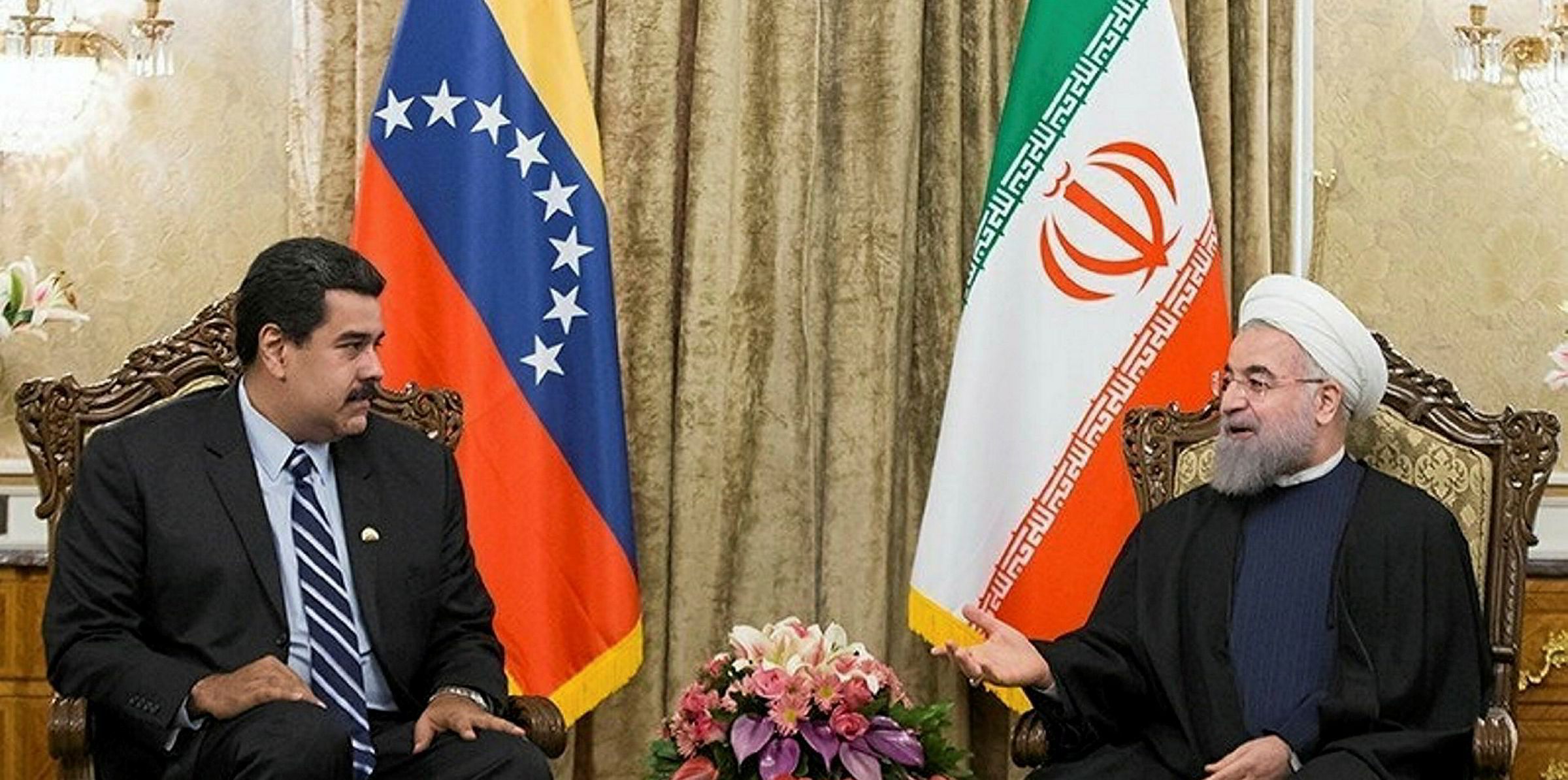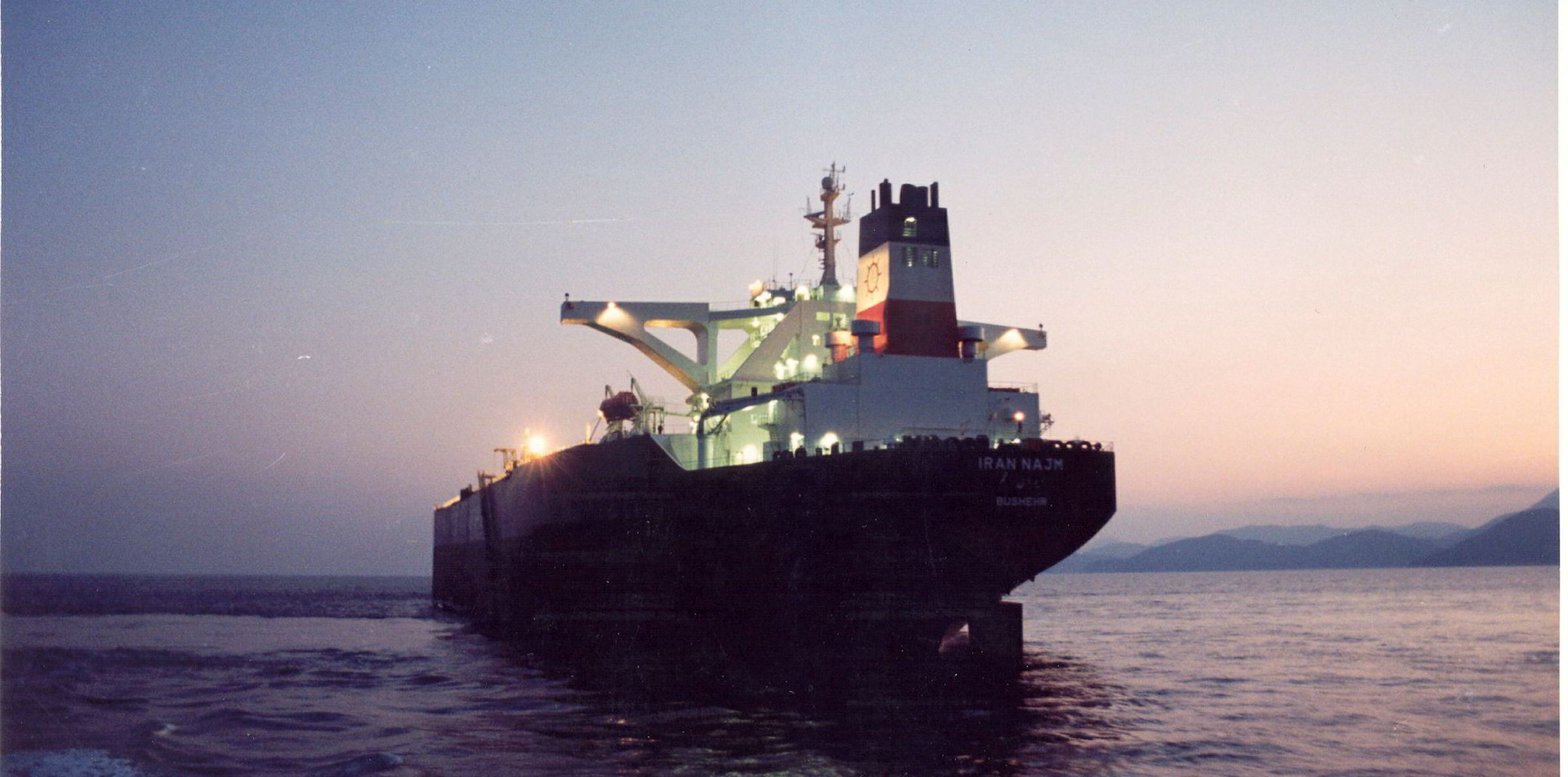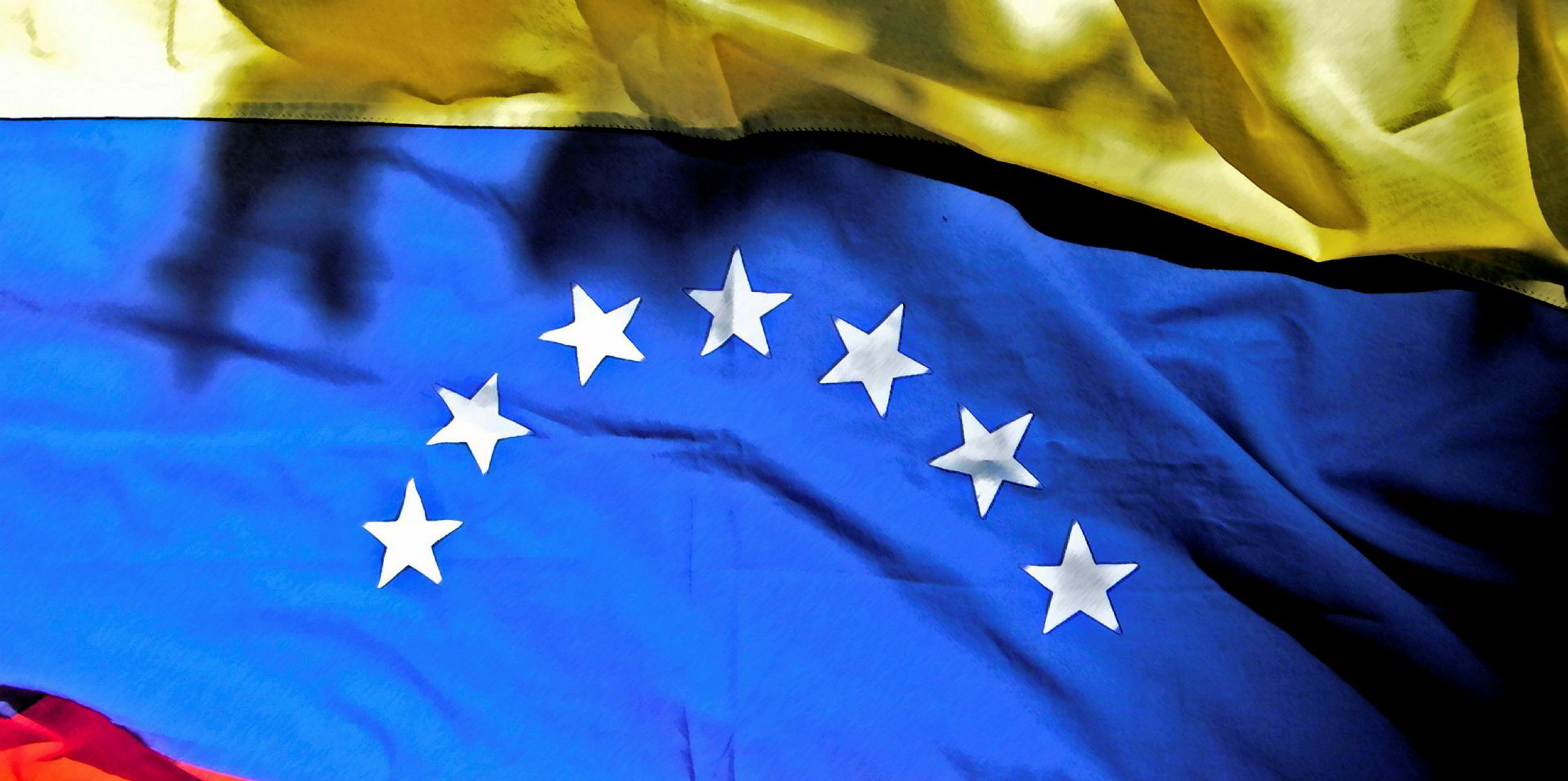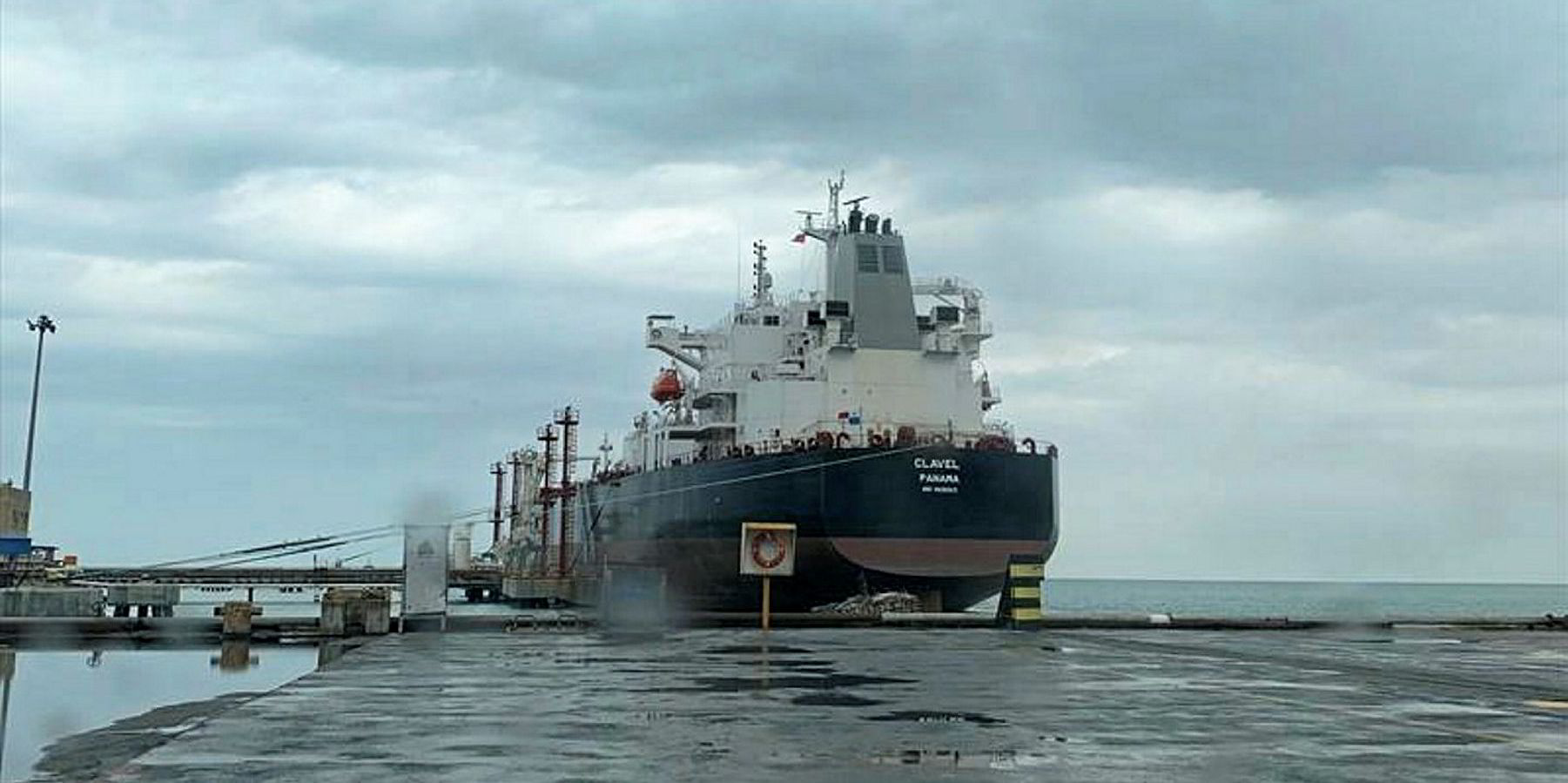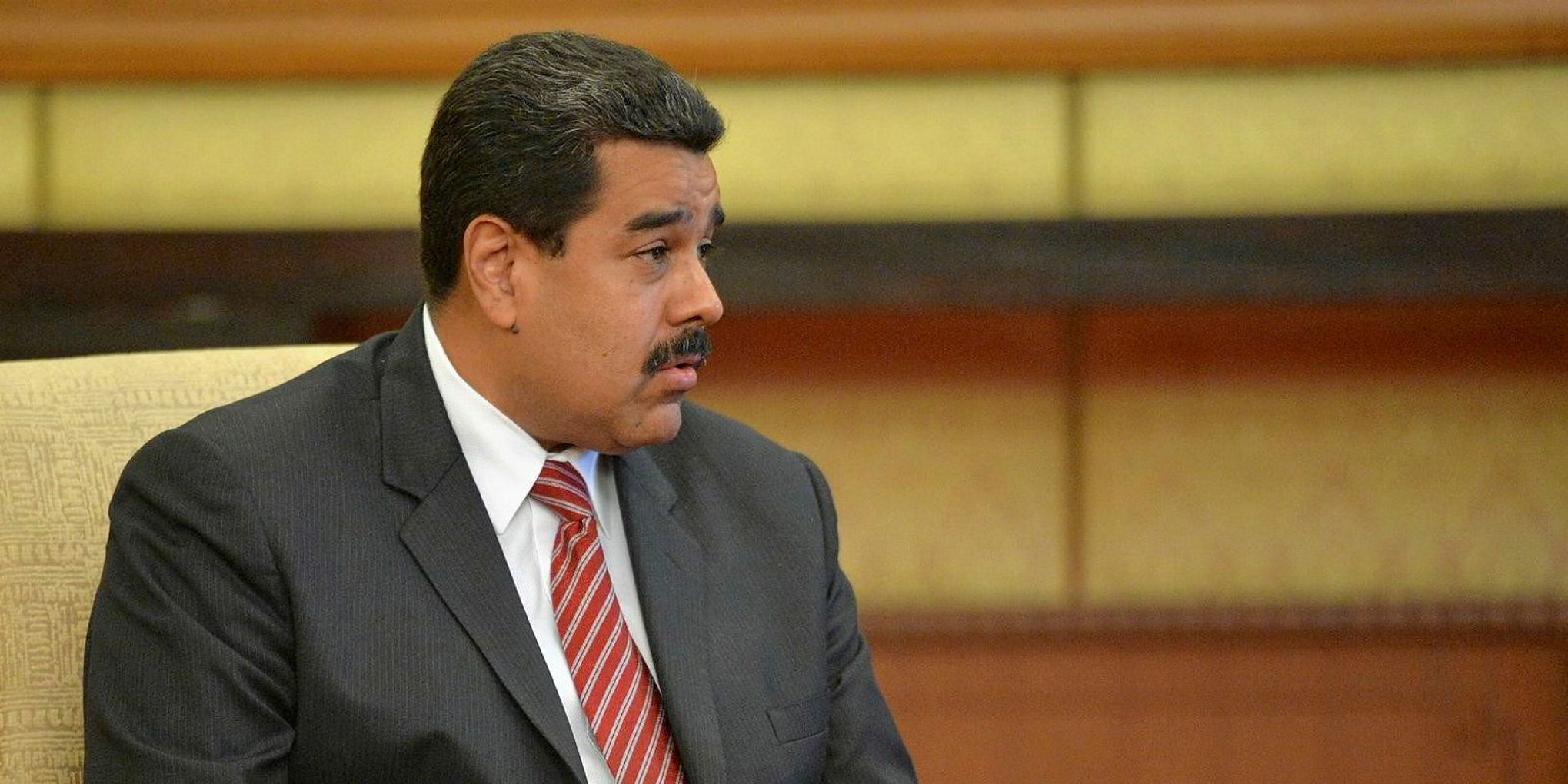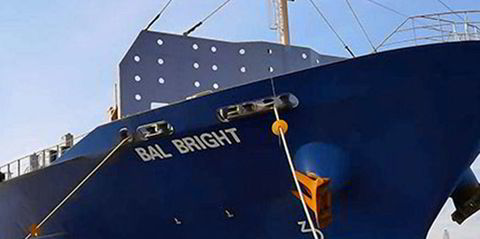The recent arrival of Iranian product tankers into Venezuela has added the Caribbean Sea as a new theatre to the ongoing geopolitical tug of war between Tehran and Washington.
On Monday, the 50,100-dwt Iranian-flagged Clavel (built 2018) entered Venezuelan waters, the fifth of seven ships part of the Islamic republic’s gasoline for gold deal with the South American country, both of which are under pressure from a heavy US sanctions campaign.
The tankers made the journey unmolested by US naval forces in the region, which have grown in recent months on an ostensible anti-narcotics mission.
“The US Navy and US Coast Guard has the ability to intercept these [ships] and could do it unilaterally,” said Rockford Weitz, director of the Maritime Studies Program at the Fletcher School.
“It would have a diplomatic price. It could be framed as an act of war. That’s why the US will want to hold back on doing it, unless they see a real reason to do it.”
In April, the US marshalled ships from its Pacific and European deployments, plus 10 Coast Guard cutters and Air Force reconnaissance aircraft to better patrol the Caribbean and crack down on illicit shipments.
The US Southern Command’s head Admiral Craig Faller said in a mid-April press conference blamed “malign actors like Cuba, Venezuela, Nicaragua, and Iran and others” for trafficking in drugs and weapons.
None of those ships moved to detain or otherwise interrupt the Iranian tankers, though Weitz said they could be deployed to do so if tensions between the US and Iran or the US and Venezuela continue to rise.
The measures the US did take against the flotilla included warning the Greek owner of two Liberian-flagged tankers, the 47,430-dwt Bering (built 1998) and the 37,410-dwt Bella (built 2000), with sanctions should they continue their journeys to Venezuela last Thursday.
The Bering, owned by Rifia Shipping and managed by Palermo, last updated its destination on 26 May with “Continent for orders”, according to automatic identification system (AIS) data. The same data shows the Bella, owned by Bella Enterprises and managed by Vienna, not having updated its destination since 3 May.
US officials have said both ships abandoned their journeys, according to reports.
Meanwhile, in the Middle East
For its part, Iran warned the US to stay away, branding any interference illegal while promising retaliation.
Appearing to back up that threat, the Islamic Revolutionary Guard Corps (IRGC) navy last week trumpeted the delivery of 112 missile-armed “new-generation offensive speed boats”, according to state English-language television station PressTV.
The country has also suggested the Venezuela-bound shipments could continue, an assertion both Weitz and Stratfor global security analyst Ben West said was likely.
“Iran has always pushed the envelope on how far it can go with the US. We’ve seen that with the past 40 years,” West said.
Fletcher School's Weitz said that Venezuelan crude oil was generally exported to the US for refining, with the product exported back. With little refining capacity, Venezuela would probably continue looking to Iran for its gasoline supply, he said.
Another summer of strife?
Weitz added that the speed boats were a further signal from Iran that harassment of ships in the Strait of Hormuz – where a considerable amount of the world’s oil passes each day – would continue, with Iran hoping to “push the line” and let the world know it can create disruptions in the energy market.
“The key takeaway for me is the Iranians have the capability to engage in maritime hybrid warfare. Their Quds Force navy is capable and very innovative,” he said.
“I think we’re looking at another tumultuous summer on the Strait of Hormuz from a shipping perspective.”
West said the killing of Iranian General Qassem Soleimani in January would push Iran away from the sort of tactics it engaged in last year, like seizing tankers and attacking on-shore oil facilities.
“Iran certainly has the ability to jam signals for ships transiting the Persian Gulf in a way that could complicate operations there while still maintaining some plausible deniability,” he said.
West also noted the possibility that Iran could board ships in the area on questionable grounds. Alleged Iranian forces did that with the 22,400-dwt SC Taipei (built 2000) in April.
“That’s speculation on my part,” he said of potential methods Iran could deploy.
“There are certainly ways Iran can kind of poke and prod and remind the world that it has a high degree of influence when it comes to shipping channels and the Persian Gulf.”
